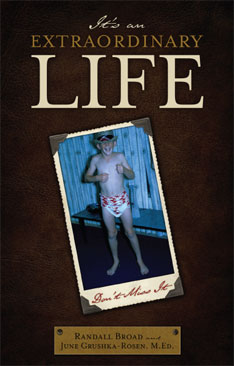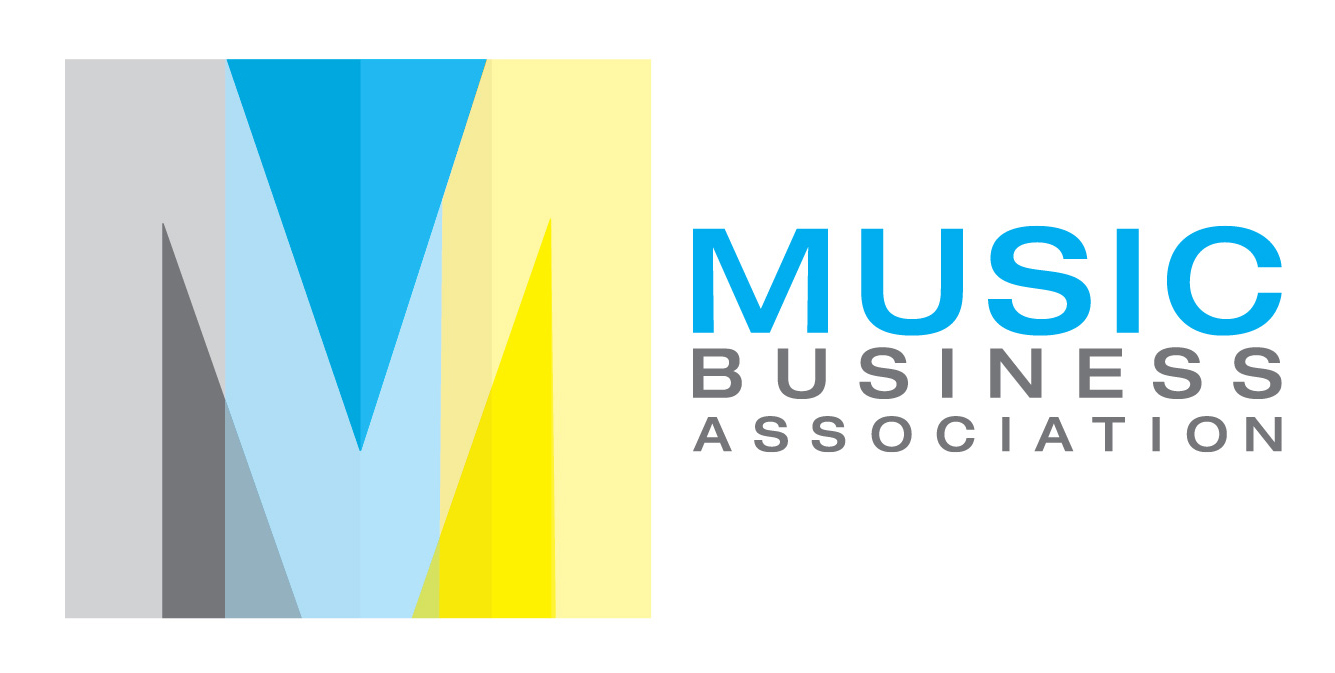A few weeks ago I went to a seminar by best-selling author and public speaker Patrick Snow on creating a successful career as a self-published book author. I was invited by a friend of mine, Randall Broad, who wrote a memoir and is now working as a motivational speaker. At 41, Patrick makes a pretty good living (six figures of some kind) as an author, public speaker, and coach/consultant to other authors. To quote his website:
His best-selling book, Creating Your Own Destiny: How to Get Exactly What You Want Out of Life and Work, and his personal transition were also featured as a cover story in USA TODAY. Patrick’s book has been translated into numerous foreign languages and has sold more than 150,000 copies across six continents since 2001… He has coached more than 200 clients in achieving their goals of writing, publishing, and marketing their books.
As I sat listening to all this interesting stuff about self-publishing a book, surrounded by middle-aged people with big dreams – many with really interesting life stories, and all of whom want to become best-selling authors and public speakers, rake in a six-figure income and quit their day jobs – I realized that a lot of the same business ideas apply as well to DIY musicians as they do to DIY authors.
Everyone’s an author these days – just like everyone’s a musician. The rise of digital creation and distribution tools means that audiences are swimming in increasing amounts of cheaper and cheaper content, more and more of which is being created every day. Some is brilliant, some mediocre, and some truly badly done. It’s hard to rise above the noise. Plus, we’re all artists, and business savvy doesn’t always come naturally to artists.
Patrick gives away a ton of practical information on how to make both a real career and real money by being a book author and public speaker. So here are just a few of the things I learned from Patrick’s seminar that could also be applied to the business of promoting music as a DIY musician. See what you think of the parallels, if you think of authors as musicians, books as equivalent to a CD, public speaking equivalent to live performance, a label much like a big New York publishing house, and a book release party like a CD-release party:
- There are two kinds of book authors: those who write and publish their books as a legacy to leave to posterity (hobbyists), and those who are serious about making it a career. Guess which kind is more successful?
- It costs about the same to self-publish and promote a book as it does a CD. About $10-15,000 altogether. For many, that is money they will never recoup.
- It takes ten years to build a career as a best-selling author. 95% of books will not sell more than 3,000 copies.
- Writing a book is 15% of the work. The rest (85%) is promoting it. Patrick is pretty successful, but he is still constantly hustling, looking for speaker leads and new coaching clients. He is a high energy person and works hard.
- Your book is a lead-generating tool and your calling card – no more, no less. If you want to be taken seriously as an author and paid as a public speaker, you need to publish a book. It establishes your credibility as an expert, some one who can make something – because publishing a book is hard work. But the book is not the product. You, the person, are the product. Your book tells people who you are.
- Selling 3000 books makes you a best-selling author. Selling 10,000 lets you break even. Anything beyond that is incredibly hard to accomplish.
- “Best-seller” is a manipulated term. If you want to be a best-selling author, take out a $100,000 loan and buy 15,000 of your own books from Amazon.
- You make more money self-publishing than publishing with a big publishing house, which will take 85% of your gross. They are only interested in you when sell enough copies to make them money – and by then you don’t need them.
- Give away your book to influential people whenever you can. Budget to give away 5 books for every 12 you sell. Leave it in places where people will see it. It’s a cost of doing business.
- The book is a memento of the speaking engagement. Make money by selling your books in the back of the room after a speaking engagement. Autograph it so people don’t give it to someone else (make their friend buy their own copy).
- Always know your margins and your return – how much you make per book after printing costs. Should I do this talk for free, if I get hotel and food paid? Evaluate every opportunity on margin and exposure, you are always looking to generate leads for future business. This is a business, but returns are not always measured up front.
- Throw a book-signing party and personally invite 200 friends. Hold it in a community center and find sponsors. Don’t spend a lot of money. Sell tickets for $20 and include a copy of your book. Then throw another book release party and call it a “book signing.” Then do it again.
- If you are already out of town speaking, take other offers to speak in public – even for free – while you’re there. You never know, a lead to a future paying customer might be in the audience.
- You may break even on the book if you are a good sales person, but the real money is in public speaking.
- Despite what #14 says, the really, really big money is in private consulting. It’s rare, though, and you have to build your reputation for years to get those gigs.
- Hire a professional to design your book cover art. Appearance matters.
- If your book looks good and feels good in the hand, no one cares that you self-published. They care if you’re a good public speaker, and if the book is any good. They actually don’t really care if the book is any good (see #10 above).
- Last, but important: There are probably more people making money consulting to authors and writing how-to books about book DIY publishing than there are successful people actually doing it successfully. This last is my observation, not Patrick’s, as his business model really depends on convincing people otherwise.
How about you? Do you have any tips for the marketing and business side of the music or publishing industry? What’s worked for you or others you have seen succeed in these buisnesses?




5 comments